Graham Reid | | 3 min read
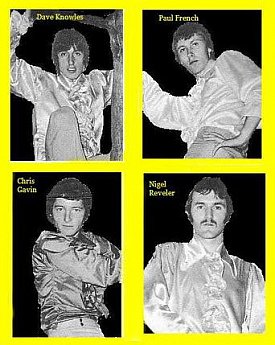
It's likely the most familiar name on the 1971 debut album by British jazz-rockers Tonton Macoute isn't that of any band member or even engineer Martin Rushent (who went on to produce the Buzzcocks, Stranglers and Dr Feelgood among many others).
It was that of the sleeve designer.
Keef – photographer/designer Keith McMillan – is known for his work for the Vertigo label, and producing the covers for the likes of Rod Stewart (An Old Raincoat, Gasoline Alley), Black Sabbath (their debut and Paranoid), David Bowie (The Man Who Sold the World, the same year as Tonton Macoute) and many, many others.
Later he would move into video work, Kate Bush's Wuthering Heights among them.
But at the time of Tonton Macoute's debut he was just starting to make his name when approached by the Neon label (which was distributed by RCA) to provide an image.
Frankly his cover isn't up to much – a surreal juxtaposition of odd objects like a tap from a tree and a bassinet on the back cover, on a lake – and was far from his finest work.
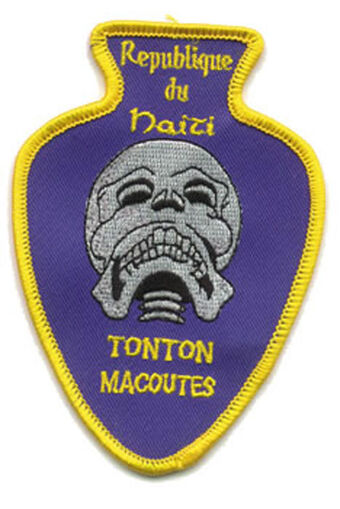 And oddly the band took their name from the Haitian leader Papa Doc's murderous band of paramilitary thugs of the Sixties.
And oddly the band took their name from the Haitian leader Papa Doc's murderous band of paramilitary thugs of the Sixties.
An unusual choice of band name for a short-lived group – this was their sole album – which parlayed a kind of jazz-rock with progressive tendencies (Natural High on the second side is a two-part piece with sorta-scat singing).
The band were guitarist Chris Gavin, saxophonist/flute player Dave Knowles, keyboard player Paul French and percussion player Nigel Reveler, all of whom wrote the three pieces on the first side with Knowles and French getting two apiece on the second.
The immediate standout is the eight minute jazz track Don't Make Me Cry which is the lengthy centerpiece of the first side where Knowles unfurls a biting and tough sax solo over a classy organ groove before dreamy and oddly processed vocals enter. It then evolves into some melodrama with French's furious organ then flute in the outro over a walking bass before the kind of piano solo which wouldn't have been out of place from Jools Holland on The The's Soul Mining.
Tonton Macoute clearly had some chops and their jazz groove across this album is their most appealing trait.
They allude to a more atmospheric, Middle Eastern sound on the breeze-blown Flying South in Winter and while the vocals everywhere hold them back (neither Knowles nor French are especially distinctive on their credited tracks) the band do offer an enjoyable swinging, edgy-bop style on the retro-referencing You Make My Jelly Roll.
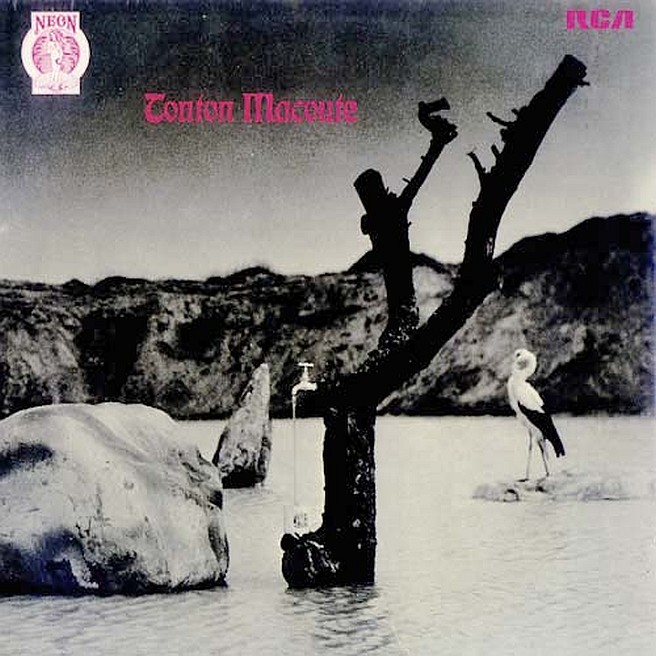 Knowles' Dreams is pretty lame (“dreams are like clouds . . .”) until a searing guitar enters which suggests they might have easily gone in a tougher prog-rock direction.
Knowles' Dreams is pretty lame (“dreams are like clouds . . .”) until a searing guitar enters which suggests they might have easily gone in a tougher prog-rock direction.
French's two-part Natural High which takes out the final 10 minutes on the second side opens with a more quasi-classical piano part (French knew his Bach and Mozart and wasn't going to let all those lessons his Mum paid for go to waste) but quickly takes off into fairly archetypal jazz-rock and a rush to the finish in the first part.
Finding out about where these players had come from isn't easy but it seems Gavin, Knowles, French and Reveler played in the band Windmill with singer/guitarist and former Screaming Lord Sutch band member Dick Scott (also just one album?). After Scott was killed in car accident in Germany these remaining members formed Tonton Macoute.
Where they went after this album (there's the suggestion they recorded four tracks for a follow-up which never appeared) is unknown at this time of writing.
I have no idea how or when I came on this album secondhand but it would certainly have been in the late Seventies because I'd heard it at a party years before and recognised the cover.
Not a great album but pleasantly diverting and considerably better than quite a few of its period.
So I'm glad to have it, unless “Mike Jones” who wrote his name on the back is desperate to have it back.
.
This album is not on Spotify but you can hear it here on You Tube.
.
Elsewhere occasionally revisits albums -- classics sometimes, but more often oddities or overlooked albums by major artists -- and you can find a number of them starting here

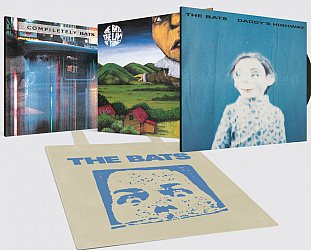
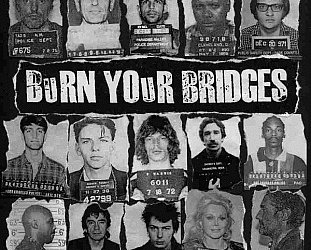
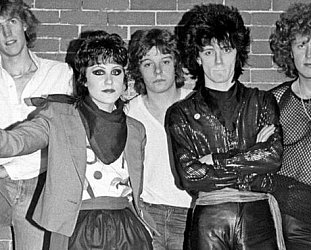
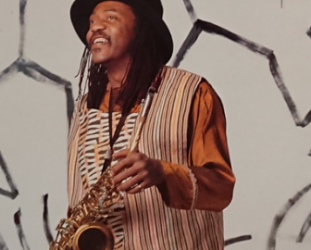
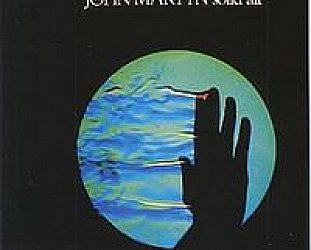
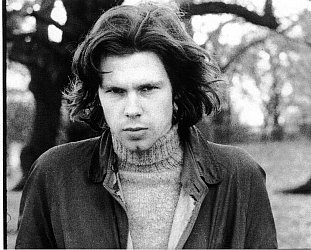
post a comment